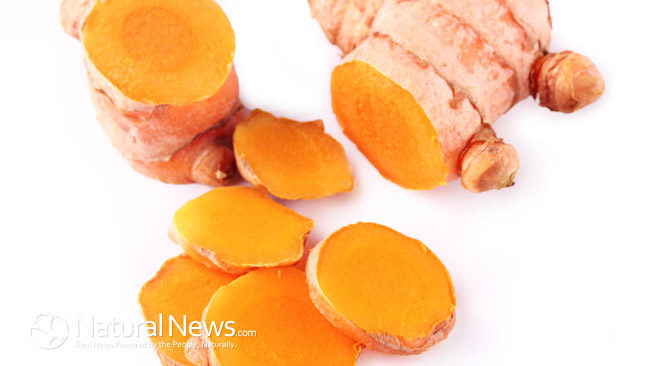Every since I heard curcumin may help one avoid Alzheimers having experienced the heart wrenching effects of this personally with my father, I take a daily curcumin supplement. I have read many great claims to it’s amazing and varied health benefits. However, I just discovered information on the other side of the coin and wanted to help others be at least aware of these possible issues.
Turmeric is the spice made from the root of the turmeric plant. It contains several active compounds, one of which is curcumin. It is the curcumin that has been shown to have the most health benefits. It is important to note that generally less than 5% of the turmeric we use in cooking is curcumin. While adding turmeric to your food is generally good for you, the amount may be too small to have any medicinal qualities. This is why many people have turned to curcumin supplements for the desired health benefits.
The supplement enthusiasts (myself included here) may be a little overzealous and a little short on caution in spreading the good news about the latest great supplement. The Natural Medicines Comprehensive Database and KSU Research lists medicinal curcumin as being:
Likely Safe …when used in amounts commonly found in foods. Turmeric has Generally Recognized as Safe (GRAS) status in the US.
Possibly Safe …when used orally or topically in medicinal amounts.
Pregnancy: Likely Unsafe …when used orally in medicinal amounts; turmeric might stimulate menstrual flow and the uterus.
And the research goes on to say that “Concomitant use of turmeric with herbs that might affect platelet aggregation could theoretically increase the risk of bleeding in some people”. Anyone using the following herbs should use caution when adding curcumin supplements: angelica, clove, danshen, garlic, ginger, ginkgo, Panax ginseng, red clover, and willow.
Also those taking aspirin, clopidogrel (Plavix), dalteparin (Fragmin), enoxaparin (Lovenox), heparin, ticlopidine (Ticlid), and warfarin (Coumadin) should exercise caution since turmeric with these drugs might increase the risk of bleeding due to decreased platelet aggregation. Turmeric has been reported to have antiplatelet effects.
The Memorial Sloan-Kettering Cancer Center warns that turmeric may interfere with chemotherapy treatments and states that people with gastrointestinal disorders, gallstones or bile-duct issues should not take turmeric. Turmeric should not be taken by pregnant women since it can induce menstruation and abortion (Drugs.com).
The NIH goes on to add possible interactions with blood pressure or diabetes medications, anti-inflammatory drugs and cholesterol regulators. Consult your doctor before starting any supplement regimen.
Here are some other names for curcumin that you may not recognize: Curcumae Longa, Curcumae Longae Rhizoma, Curcumin, Curcuminoid, Curcuminoids, Halada, Haldi, Haridra, Indian Saffron, Nisha, Pian Jiang Huang, Radix Curcumae, Rajani, Rhizoma Cucurmae Longae.
Now the question we must ask ourselves are these sources simply trying to steer us away from a natural and effective solution that won’t make the big drug companies any money, or are these legitimate concerns? I believe we need to at least be aware of these possible contraindications especially in the case of pregnant women knowing not to take it. So please pass this on! Also, I’d love to hear your thoughts on this one, so comments below are encouraged.
Healthy Blessings,
Sandy Scherschligt
My Blogsite
Sources:
http://www.livestrong.com/article/121043-contraindications-turmeric/#ixzz2nBxstuTt
Drugs.com
http://faculty.ksu.edu.sa/18856/Medicinal%20Plants/Curcuma.pdf





